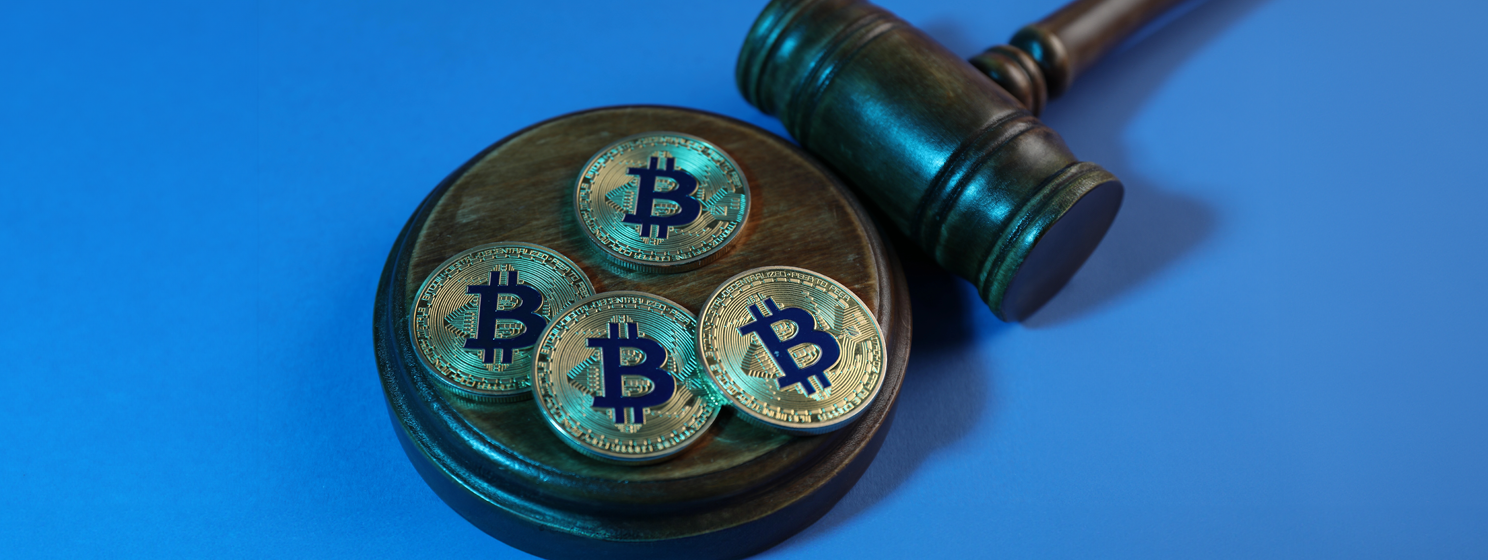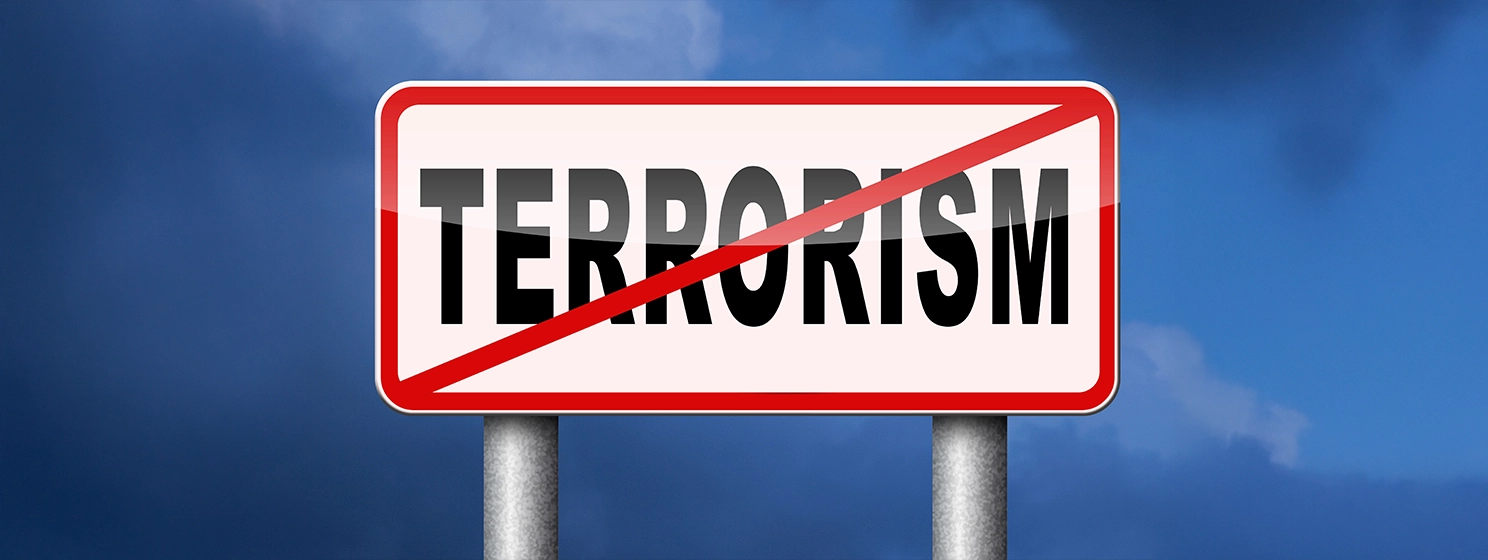|
Getting your Trinity Audio player ready...
|
France has taken a major step towards recognizing crypto by implementing new laws for the industry. The guidelines apply to the licensing of digital assets service providers (DASPs) in the country, with the requirements including sufficient cybersecurity practices, anti-money laundering protocols, internal control systems and more.
The new guidelines were released by France’s financial markets watchdog, the Autorité des marchés financiers (AMF) this week. They expand upon the PACTE law which was passed in May.
The AMF will require the service providers to submit a list of all the digital assets they intend to offer, their organizational structure and a two-year business plan, among other requirements. The AMF will check that the requirements are met before deciding whether to issue the license.
The regulator will also require that all DASPs have strong internal control systems, indemnity insurance or a minimum amount of reserve funds, a claims-handling system and at least one qualified senior manager. They must also prove that they have sufficient anti-money laundering and know-your-customer protocols.
The AMF recognizes the risks associated with cryptos, especially from hackers. It thus requires that all the DASPs maintain a cybersecurity program that can withstand hacking attacks and that complies with the relevant data laws. They must also undergo regular security audits.
The news laws have been commended by stakeholders in the crypto and legal industries. Emilien Bernard-Alzias, a partner at law firm Simmons & Simmons in Paris commented:
“The AMF is trying to take crypto firms by the hand to help them comply. For other financial service providers there are requirements for a strong IT system, but the AMF guidance does not have many details for them as they do for crypto firms … For this, the AMF is having crypto firms explain at the beginning what they are going to do, and this is new for us in France.”
The licensing will not be mandatory for crypto service providers. However, crypto-to-fiat services and crypto custodians must secure a license to operate in France.
In July this year, the AMF had proposed a voluntary system of regulation for the crypto industry. The regulator believed that this was more suitable than legal stipulations as the sector was still nascent and there would be major developments that could take place in the near future, altering the government’s approach.

 09-16-2025
09-16-2025 





